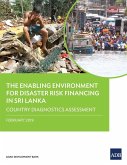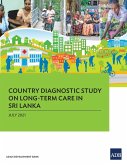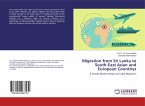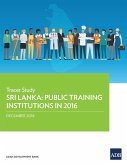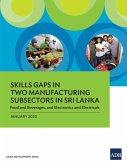Master's Thesis from the year 2016 in the subject Business economics - Business Ethics, Corporate Ethics, grade: Distinction, University of Bolton, course: Business Administration, language: English, abstract: The key objective of this study is to identify the main obstacles or variables those effect on implementation of micro insurance programs, with special attention to the self-employment sector in Sri Lanka. As we can see a large number of self-employees join with the community based organizations in rural areas. Therefore this study was carried out via SANASA cooperative societies based in rural communities in 16 districts all over the island. The network of SANASA cooperative societies is the largest cooperative network in rural areas representing more than 17 % of Sri Lankan population inclusive of their family members. Simple Random sampling technique was used to identify the participants (respondents) for this study and the total number of respondents of the sample was 300; nevertheless data was collected only from 278 participants. Selected members were given with the questionnaire and a discussion took place to fill the questionnaires.There are many factors as the barriers for implementing micro insurance programs. All these factors have a great impact on successful implementation of micro insurance programs for lower income groups. Among these causes, willingness to pay/buy insurance, affordability, accessibility and consumer trust on insurance were selected as the key variables to carry out this study. Accordingly, an integration of these variables has been used to develop the conceptual framework which provides the guideline to develop the hypothesis for this study. In order to measure the strength of relationship among variables, eight hypotheses were made in par with "implementation of micro insurance" as the dependent variable and four independent variables those mentioned above. The effectiveness of implementation of micro insurance programs can or cannot be influenced by independent variables.



